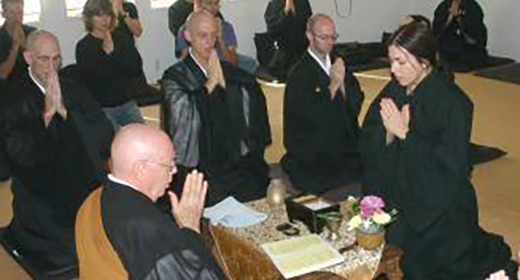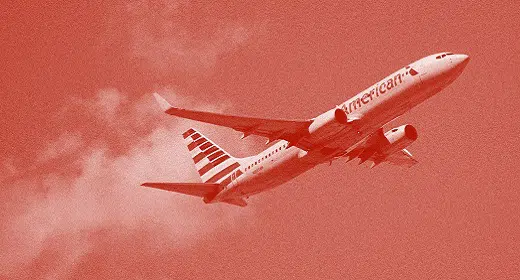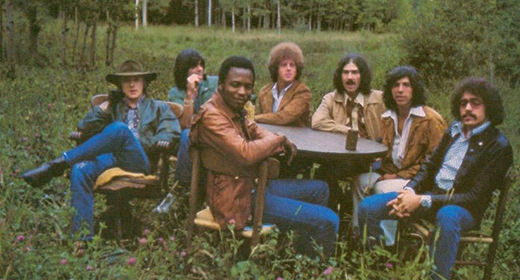by Bill Murphy: Be careful that you don’t create a marketplace by mistake…
This is a story about American Airlines, flight attendants, simple economics, and the 21st-century proclivity so many of us share: finding side hustles and trying to make a little extra money.
It’s also about “prohibited” practices, the risk of getting fired for pushing things too far, and the law of unintended consequences.
Let’s start with the flight attendants and the scheme some of them came up with, according to both American Airlines and their own union.
In short, some senior flight attendants figured out a way to use their tenure to their monetary advantage.
It’s pretty simple, actually. Flight attendants bid each month on the routes they want to fly for the airline. Their requests are granted, based largely on seniority.
Thus, the longest-serving flight attendants get the best routes. By “best,” we mean both the most interesting and exotic — think longer, international trips to South America or Asia, as opposed to an overnight in Omaha (no offense to readers in Omaha) — but also the most financially rewarding.
So, according to both the airline and the union, senior flight attendants in some cities started bidding on the most desirable trips even when they had no intention of flying them.
Then, they’d turn around and sell those winning bids to more junior flight attendants.
It’s not the first time this practice has come to light. In 2018, American Airlines chided flight attendants who were selling their bids — and reportedly making an average of $200 for each flight.
But, in the wake of the pandemic, and the fact that there are now fewer coveted flights, it apparently became a lot easier for the airlines to track the practice. So, both American Airlines and the union have issued stern warnings.
“Management has made it clear that this illicit trip activity is prohibited,” the union cautioned its members this week, according to the flight attendant site, Paddle Your Own Kanoo. “If you are trading or dropping trips outside of the intended means of our scheduling systems, you will be subject to discipline, up to and including termination.”
On Friday, the airline itself chimed in, according to View From the Wing:
While it’s disappointing that some of your co-workers choose to manipulate our systems for personal gain, we also know the vast majority of you play by the rules.
..
Simply put, if it’s proven you’re abusing our systems, the consequences would most likely be career-ending.
I suspect it wasn’t the junior flight attendants who complained, but rather the ones who had just-enough seniority that they would have been able to bid on those more desirable flights, but for the fact that their more senior colleagues were bidding on them just to sell them.
Regardless, it would seem that the game is likely up, with American Airlines specifically putting jobs on the line. And, I think there are three big takeaways for business leaders in any industry:
- First, be on the lookout for cliques, and the ways that some employees might be taking advantage of others.
- Next, be wary of accidentally creating a marketplace. The whole reason this situation seems to exist at the airline is because of what seems to be the unintended consequence of perks designed to protect and reward seniority.
- Finally, don’t be afraid to drop the hammer when you determine that some team members are gaming the system, especially to the detriment of their colleagues.
I reached out to American Airlines for comment, but haven’t heard anything back. Still, this whole entrepreneurial escapade only reinforces what I explain in my free ebook, Flying Business Class: 12 Rules for Leaders From the U.S. Airlines, which is that if you were to pick one U.S. industry that people in others businesses should follow and learn from, it’s the airline industry.
Think about it: a giant, commodity industry in which all the big players are publicly traded and followed closely by analysts and journalists, and in which they face most of the same issues your business likely faces.
They just do it on a larger stage, and with more people watching — sometimes, apparently, even including their own employees.










































